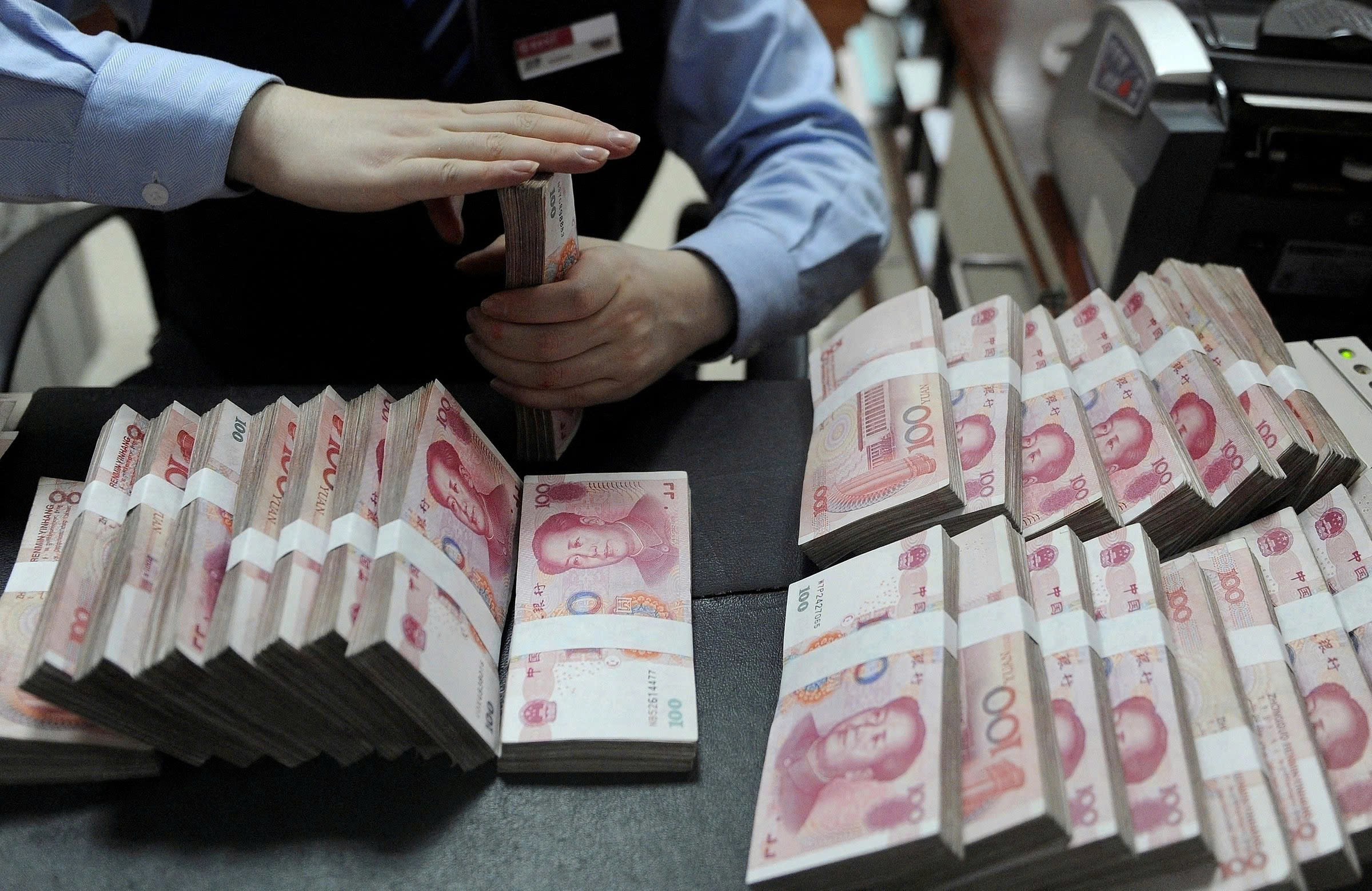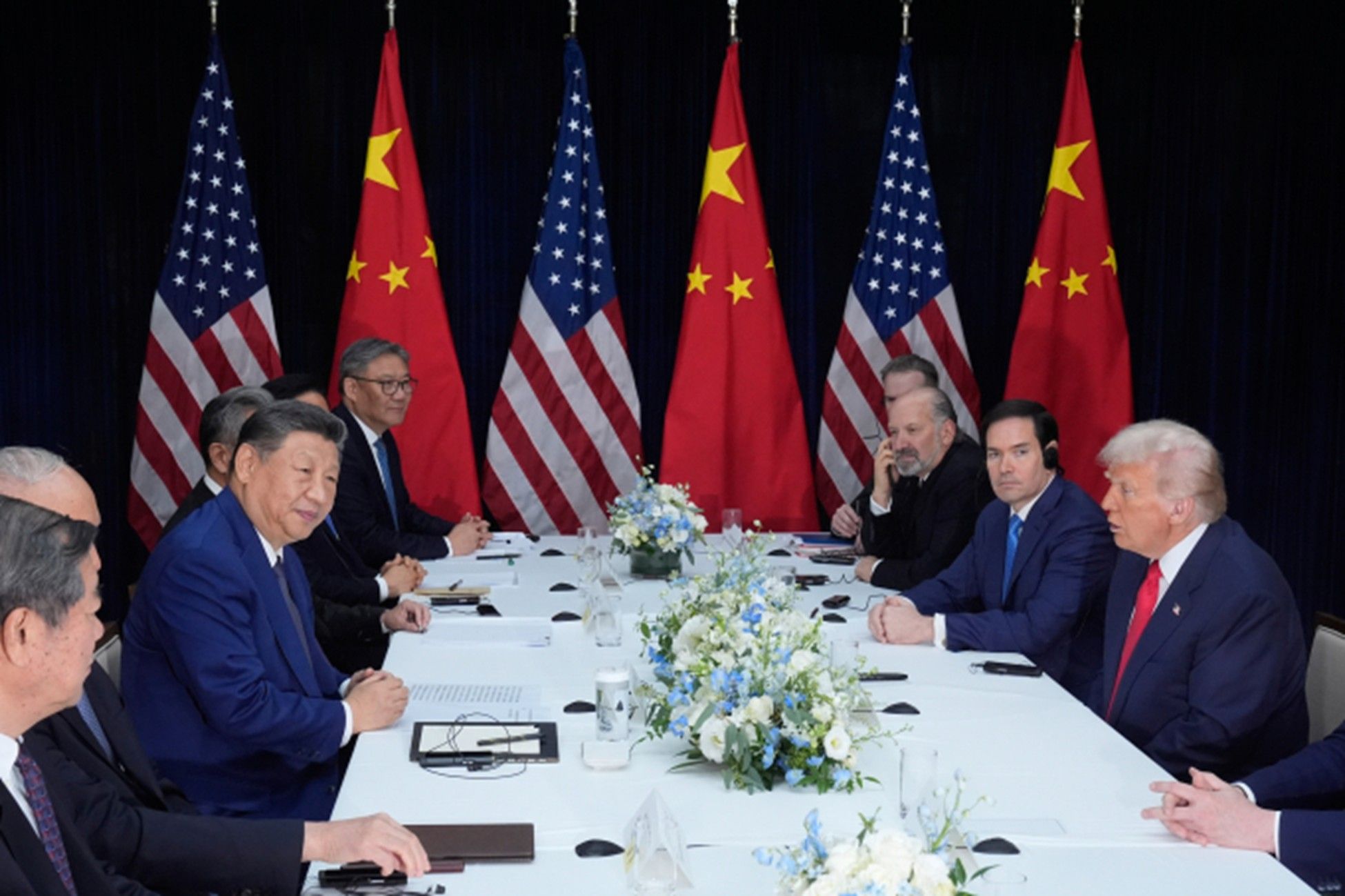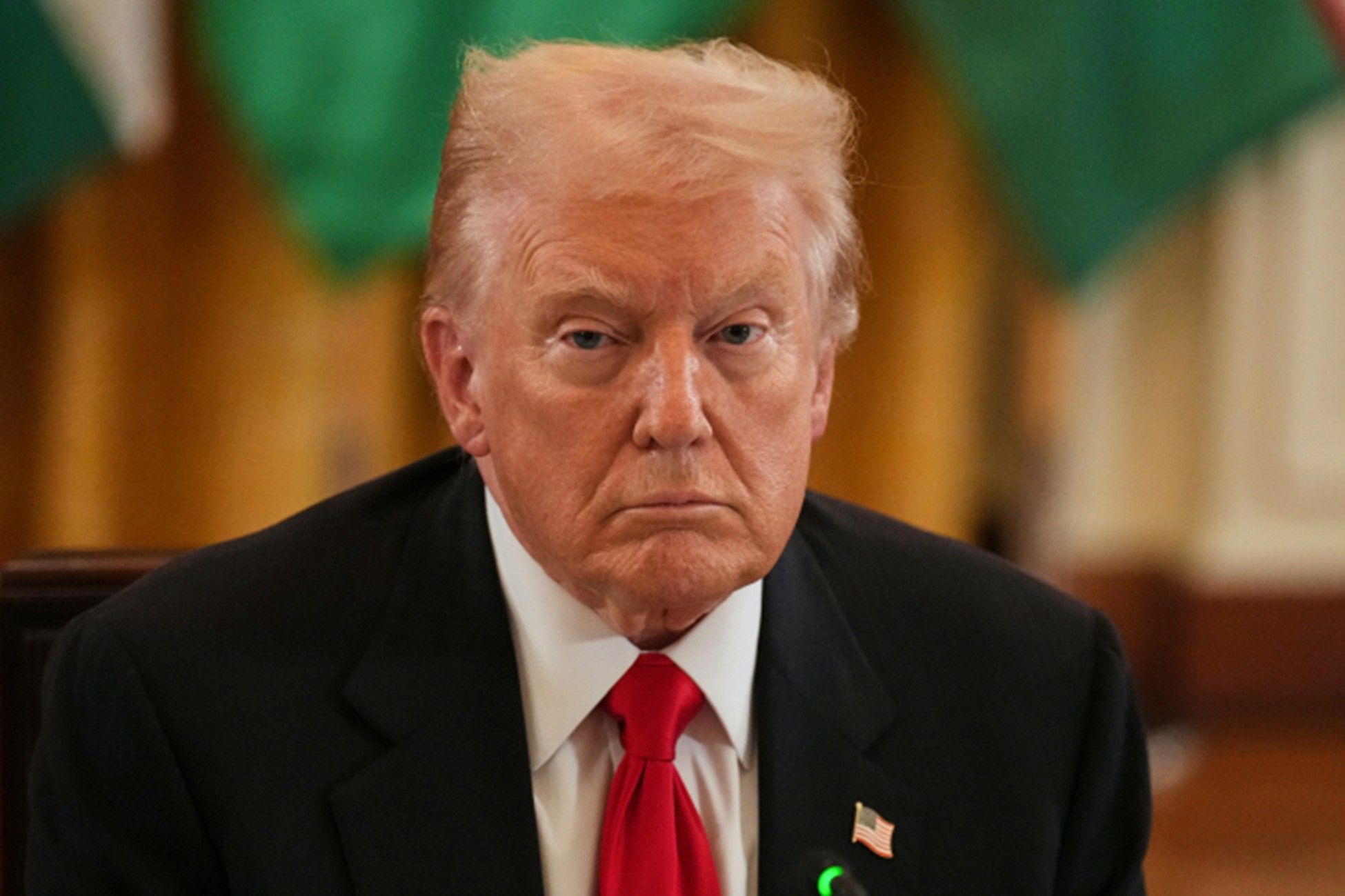Trump's tariffs, US-China trade relations, and a wave of AI investment are among the issues that could shape the global economy in 2026.
Officials have lowered benchmark interest rates, cut home loan rates, and drafted support policies for the stock market and businesses affected by import taxes.
On May 7, the People’s Bank of China (PBOC) announced that the interest rate on 7-day reverse repurchase agreements (reverse repo) will be reduced by 10 basis points (0.1%) to 1.4%, effective May 8. This rate is used by the PBOC as a benchmark, and other interest rates will be adjusted accordingly. The required reserve ratio (RRR) for commercial banks will also be lowered by 50 basis points, bringing the average level down to 6.2%.
This marks the first RRR cut since September last year. PBOC Governor Pan Gongsheng stated that this move is expected to inject around 1 trillion yuan (USD 138 billion) in liquidity into the financial system. The announcement came shortly after confirmation that U.S. and Chinese officials will meet in Switzerland this week to discuss economic and trade issues.

An employee of a Chinese bank in Anhui. Photo: Reuters
Also on May 7, the U.S. Federal Reserve was expected to announce it would maintain interest rates following its policy meeting. Chinese authorities had signaled monetary easing since late 2024 but delayed action due to the depreciation of the yuan. Recently, the yuan has strengthened, creating more room for policy loosening.
"A stronger yuan against the USD clearly gives China more space to adjust its monetary policy," said Xu Tianchen, senior economist at the Economist Intelligence Unit. He added, however, that these measures are unlikely to significantly boost credit in China. Nonetheless, "they will help restore confidence, thereby supporting the stock market."
The PBOC also announced more financial support measures for other sectors, such as real estate and technology. The interest rate for five-year loans under a government support program for first-time homebuyers will be reduced by 25 basis points to 2.85%. The cash reserve ratio for auto loan providers will be cut from 5% to 0%. The central bank will also launch a 500 billion yuan credit package to stimulate consumption and elderly care. In addition, a fund will be set up to purchase tech-related bonds.
On May 7, Wu Qing, Chairman of the China Securities Regulatory Commission, stated that officials would support large listed companies facing challenges from import taxes. Li Yunze, head of China’s financial regulatory authority, announced that Beijing would expand a pilot program allowing insurance companies to invest an additional 60 billion yuan (USD 8.3 billion) into the stock market.
China is also drafting additional support policies for small and medium-sized enterprises, as well as the agricultural sector. These policies will be announced soon. In recent weeks, the Chinese government has made efforts to support businesses affected by U.S. import tariffs. The 145% import tariff imposed by the U.S. on all Chinese goods has begun impacting the world’s second-largest economy.
In April, China’s Purchasing Managers’ Index (PMI) fell below 50 for the first time since December 2023, indicating a contraction in manufacturing activity. Xing Zhaopeng, senior strategist at ANZ Bank, noted that China is taking measures to support its economy and markets amid escalating trade tensions with the U.S. “The domestic economy must be strong enough before China enters any prolonged trade negotiations,” Xing explained.
(Source: Vnexpress)
--
Oristar – Leading Metal Supplier in Asia
⚡ Core product lines: Copper, Aluminum, Steel
⚡ Main product grades provided by Oristar: Aluminum alloys, Copper alloys, Aluminum alloy plates, Aluminum coil grades, Tool steel, Special steel: A5052, A6061, A7075, C1100, C2680, C3604, SUS303, SUS304, SKD11, SKD61,...
For product consultation, please contact:
⚡ Hotline: 0988 750 686
⚡ Email: info@oristar.vn
⚡ Zalo OA
⚡ ️Website E-commerce
⚡ Official Website

 VN
VN

 EN
EN
 KR
KR
 JP
JP
 CN
CN



 Economy
Economy


